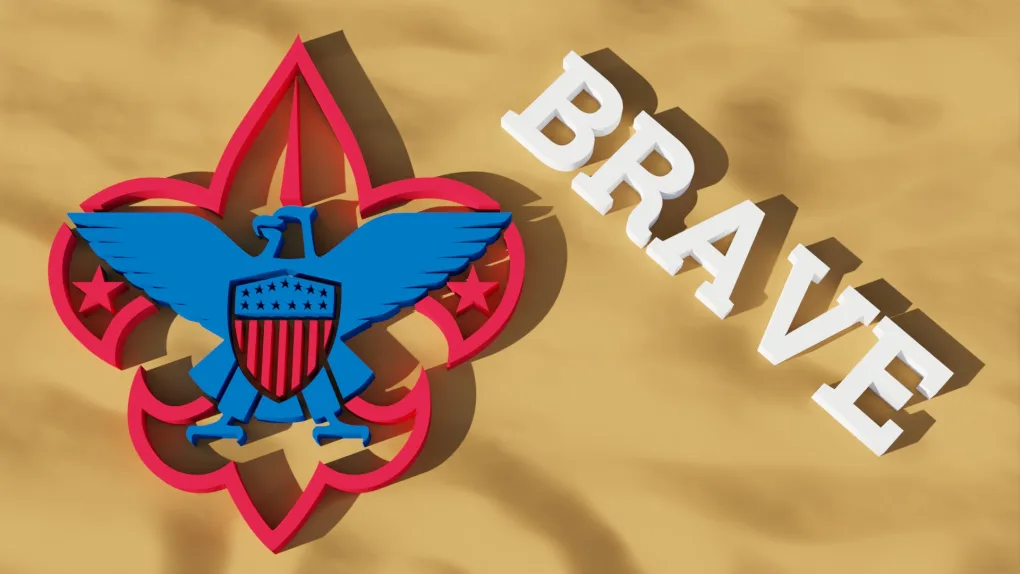So what does that mean, to be brave?
Brave is defined on dictionary.com as “possessing or exhibiting courage or courageous endurance”. That definition is open to multiple interpretations, and can mean many things to many people depending on the circumstances or situation:
- Is bravery an inherent trait of an individual?
- Can bravery be taught and/or learned?
- Can bravery be applied to small acts as well as grand ones?
Let’s take a look at some of the ways bravery can be applied.
Tackling the Big Things
- A Scout going to a week-long summer camp for the first time can be brave.
- An adult, choosing to lead a Scouting trip for the first time can also be brave.
So in those uses, brave can be meant as “choosing to do what is unfamiliar”. For each of the individuals above, they are making a decision to try something new and grand. But, does this apply only to Scouting activities? It does not.
- A student choosing to go to college and study a career can be brave.
- An adult going back to school to pursue or complete a field of study can be brave.
- Choosing to change jobs or careers to follow your passion can be brave.
- The athlete choosing to take a risk on the “big play” can be brave.
- The musician pursuing their first musical solo performance can be brave.
This is most commonly what people think of when they talk about how someone was brave — tackling the “big things”.
It’s Okay to Start Small
Is that it then? Is the only way to be brave to tackle some big, important task or milestone? Hardly. What if I suggested to you that the best part of being brave is when you incorporate it into our daily lives? Does that mean we become crusaders, battling dragons at every turn? Nope, it’s much easier than that. All you need is to look:
- Bravery is saying hello to the new student in class.
- Bravery is going to lunch with the new teammate at work.
- Bravery is inviting someone new into your friend group.
- Bravery can be as simple as smiling to a stranger.
Because, by doing any of those things, we ARE changing the world… two people at a time.
The second person, in case you hadn’t guessed, is US!
From the Inside Out
The third type of bravery I would like to write about is, in my opinion, one that most people overlook as being brave. That is the bravery it takes to admit how we are feeling and work through those feelings. Why is that important? To answer that, we need to refer to another point of the Scout Law: “A Scout is Trustworthy”
Being trustworthy, with ourselves and others, about how we are feeling can be scary. Much like the actions above in the discussion of small acts of bravery, being open and honest about our feelings requires trust in the people we share those feelings with. Luckily, there’s a group of people that we know that are all committed to being trustworthy… Scouts and Scouters.
Takeaway Thought
Every time we choose to act bravely, we become better at it, until those small acts of bravery become part of who we are. Until we live that point of the Scout Law. Which is kind-of the point in the first place.
Yours in Scouting.

